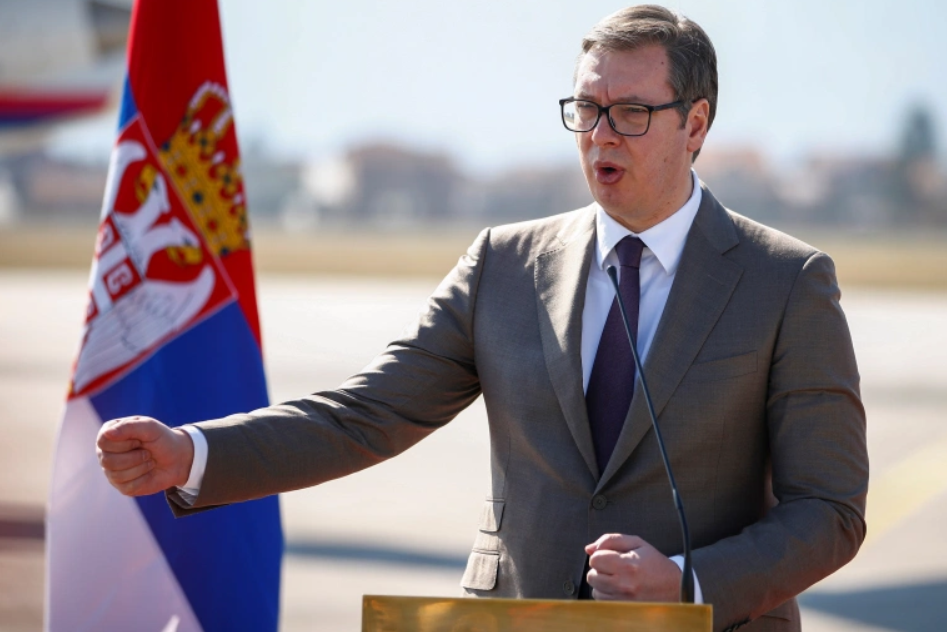
Faced with a ban on crude oil imports from Russia via Croatia, Serbia plans to invest €12 billion in energy infrastructure over six years to diversify and secure supply, President Aleksandar Vučić said.
In a public address delivered over the weekend, following the EU’s decision to ban the transport of Russian oil across its territory, Vučić said it is “clear Serbia will now be paying more for oil over the next two years” and will have to diversify its sources.
“Diversification of the sources and transport routes means the start of constructing a 128 kilometres-long pipeline from Novi Sad [in northern Serbia] to Hungary,” he said. Serbia’s oil company NIS, majority owned by Russia’s Gazprom, has two refineries, in Pančevo and in Novi Sad.
“That project will cost around €100 million,” Vučić announced, without specifying when it could be completed, but added: “In the next six years, we will invest €12 billion in energy infrastructure because energy is the bloodstream of a country.”
Part of that plan is a south-bound pipeline going through North Macedonia to the Albanian port of Drac, as well as another refinery with the capacity to refine oil from Venezuela, Iran and other countries, he said.
Gas interconnectors are also on the table.
Energy and Mining Minister Zorana Mihajlović said earlier this month that Serbia, which currently imports almost all of its gas from Russia, is building an interconnector with Bulgaria, while others are also planned for North Macedonia, Albania, Croatia, and Romania.

